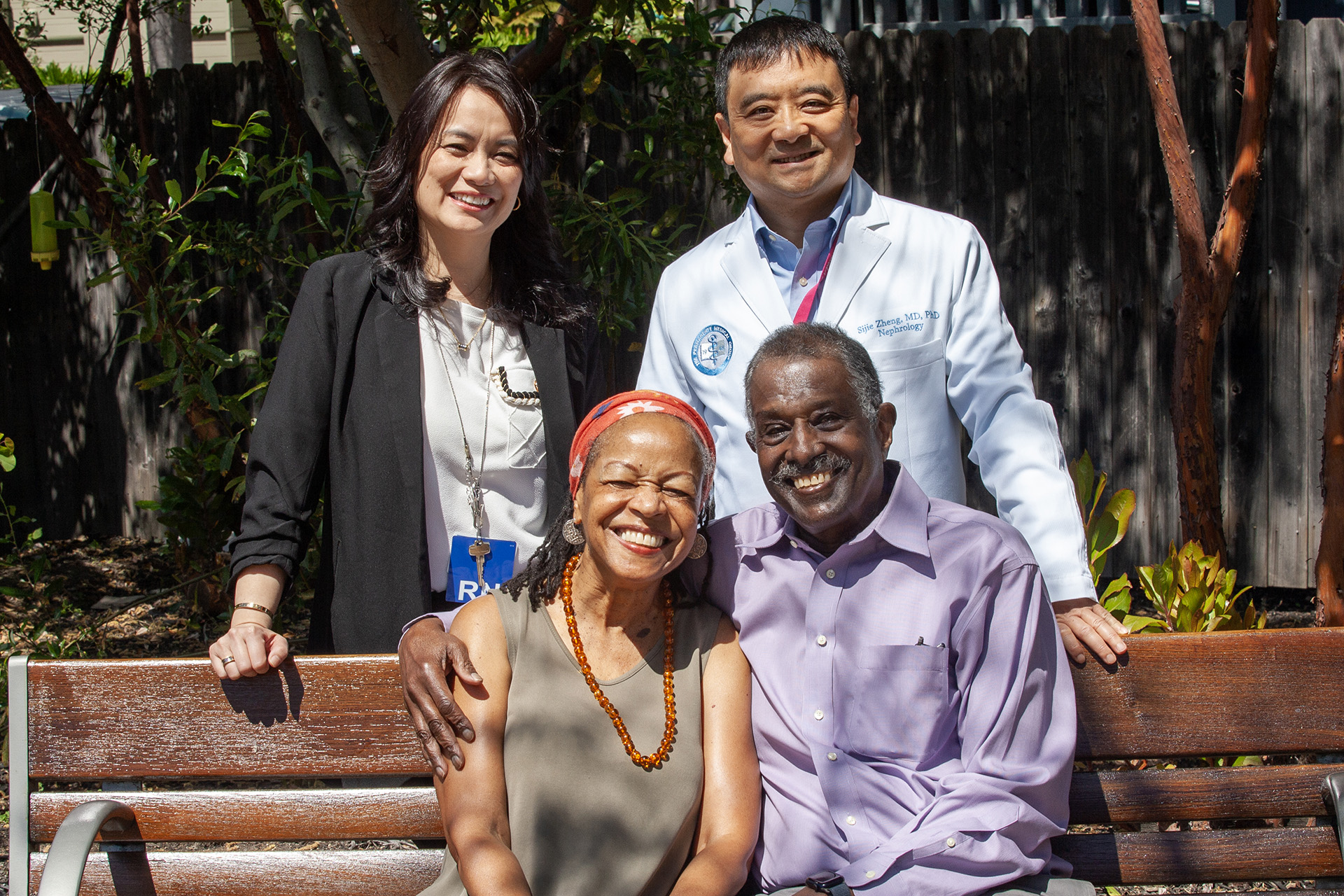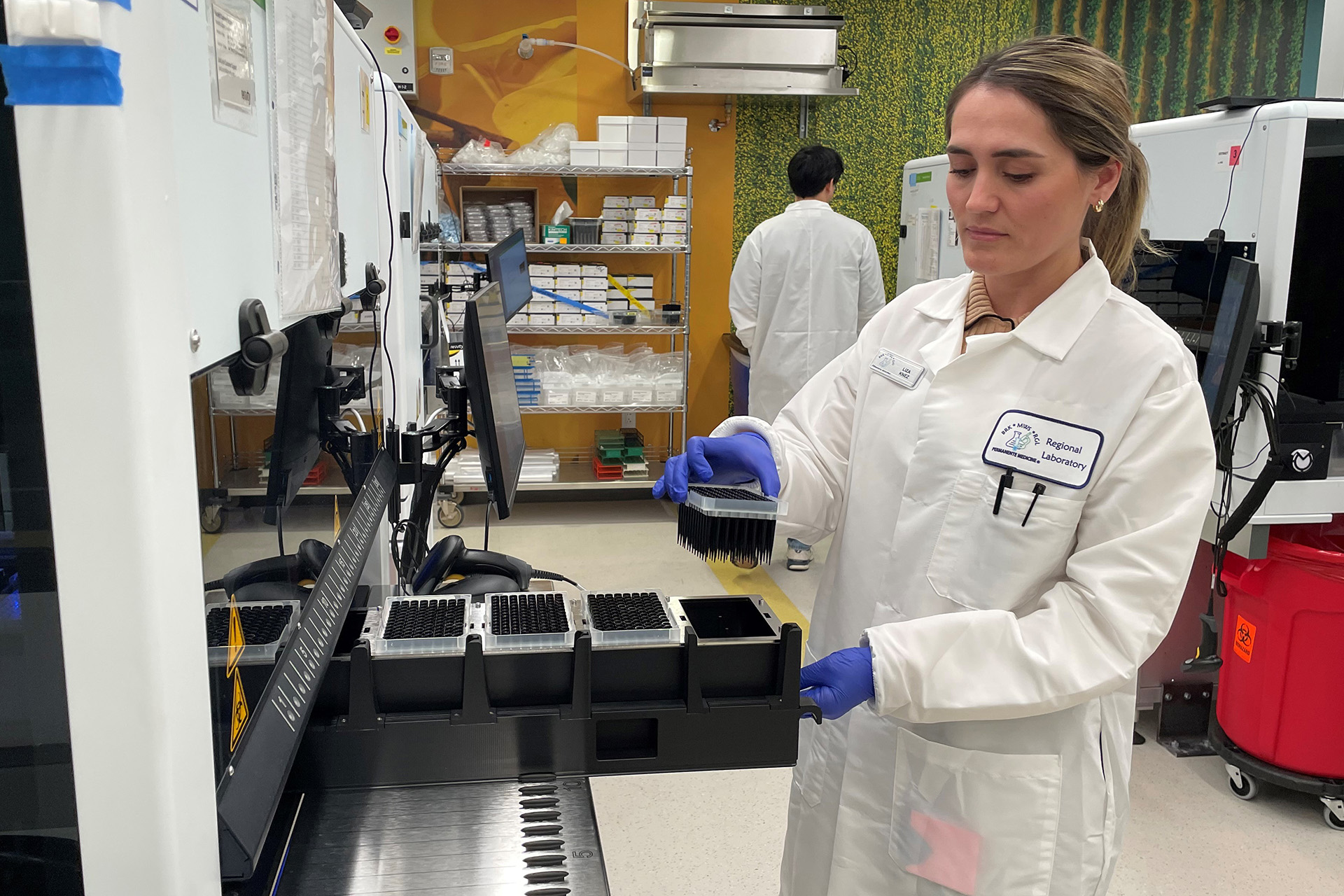For Laura Bollinger-Moore, a Kaiser Permanente information technology contract senior project manager, being part of the Mental Health Advocate Network (MHA) is an opportunity to learn from her peers and grow.
“Mental health awareness is so important, on both good and bad days, and no matter our knowledge level in the area, we all have something to share and more to learn,” said Bollinger-Moore, a registered advocate in the program. “This is a wonderful community aimed at helping the Kaiser Permanente family be their best.”
The network, launched in May, unites Kaiser Permanente employees and physicians across the organization in a shared mission — to create a safe and supportive workplace free of mental health stigma. It provides a community in which they can share resources, participate in mental health discussions, and engage colleagues in activities that promote wellness.
Currently there are about 40 registered advocates in Northern California and more than 200 spread throughout the nation.
What It Means to Be an Advocate
Any employee, physician, or contractor across the enterprise can be an advocate, and it is completely voluntary. The only requirement is a desire to positively impact the mental health of employees and physicians, said Shanon Levine-Cavanaugh, a senior project manager for Kaiser Permanente’s National Workforce Wellness Team.
“It’s a way for employees and physicians to participate in a grass-roots effort around a cause they’re passionate about,” she said. “It creates awareness for resources, provides skills in how to communicate and support one another, and reinforces behaviors that benefit everyone.”
To become a registered advocate, it is strongly recommended that participants complete a mental health training on the workplace portal KP Learn, which takes about 40 minutes. From there, advocates are encouraged to facilitate an MHA monthly activity with colleagues at their local facility and virtually attend quarterly meetings.
May’s activity was small but powerful. In response to the COVID-19 pandemic, the activity invited advocates to introduce a worksheet to their peers, either in person or online, that asked them to list something they appreciate about themselves and a co-worker, then discuss it.
“There are so many stressors in our employees’ and physicians’ lives, whether they’re on the front lines, working remotely, or juggling kids at home, we wanted to give them a chance to pause and reflect in a positive way,” Levine-Cavanaugh said.
The first quarterly meeting was in mid-June and included various behavioral health topics and idea sharing among the regions about successful mental health events.
Influencing Total Health
The Mental Health Advocate Network activities are adjusted to meet the immediate needs of its members. Its primary goal, however, is to create long-term, positive health outcomes.
“Mental health is still very stigmatized,” Levine-Cavanaugh said. “We hope to shift that and help people feel safe to talk openly about it and educate themselves and others. Mental health is a vital component of total wellbeing and the ability to be the best version of yourself.”
Levine-Cavanaugh mentioned workplace resources for employees and physicians, including digital self-care tools designed to support emotional health, the Employee Assistance Program’s Lunch & Learns this month that focus on coping with change, and the weekly wellness drop-in talks where people can connect across the organization.
For Bollinger-Moore, her most cherished resource is her co-workers.
“Our most valuable resource is our people, and having happy and motivated people is the best way to have a productive and enriching work environment. The Mental Health Advocate Network helps create that.”
To register to become an advocate after completing the training, head here. (This site is only accessible within Kaiser Permanente.)





This Post Has 0 Comments